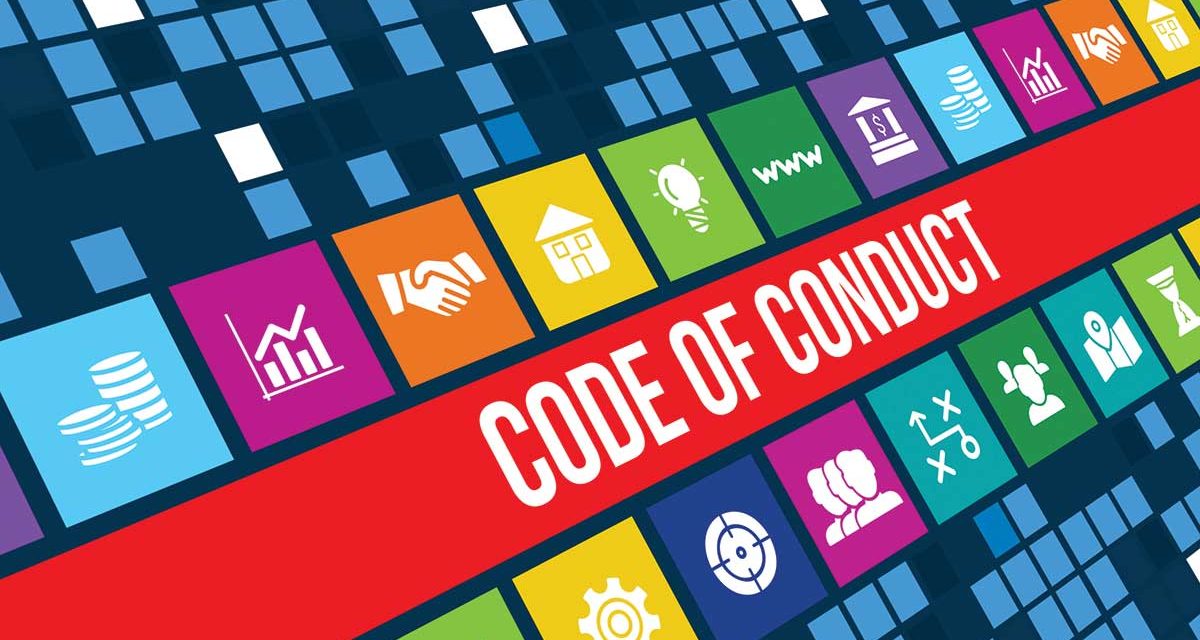This is the fifth in a series of updates the USU will be releasing in consultation with the industry parties, including depa, LGEA and LGNSW.
This update deals with Bullying, Sections 3.8, 3.9 (a) (6), 3.10 (a) to (h), and 3.11 (a) to (g).
Bullying
3.8 You must not engage in bullying behaviour towards others.
3.9 For the purposes of this code, “bullying behaviour’ is any behaviour in which:
a) a person or a group of people repeatedly behaves unreasonably towards another person or a group of persons, and
b) The behaviour creates a risk to health and safety.
3.10 Bullying behaviour may involve but is not limited to, any of the following types of behaviour:
a) aggressive, threatening or intimidating conduct
b) belittling or humiliating comments
c) spreading malicious rumours
d) teasing, practical jokes or ‘initiation ceremonies’
e) exclusion from work-related events
f) unreasonable work expectations, including too much or too little work, or work below or beyond a worker’s skill level
g) displaying offensive material
h) pressure to behave in an inappropriate manner.
3.11 Reasonable management action carried out in a reasonable manner does not constitute bullying behaviour for the purposes of this code. Examples of reasonable management action may include, but are not limited to:
a) Performance management processes
b) disciplinary action for misconduct
c) informing a worker about unsatisfactory work performance or inappropriate work behaviour
d) directing a worker to perform duties in keeping with their job
e) maintaining reasonable workplace goals and standards
f) legitimately exercising a regulatory function
g) legitimately implementing a council policy or administrative processes.
The sections under Bullying are very important; bullying behaviour may also include behaviour considered to be Harassment and/or Discrimination.
So significantly is bullying regarded that the USU sponsored a forum in Parliament house on 18 September with representatives of LGNSW, LGS, Work Cover, State Cover and the three unions. The Forum was opened by the Minister for Local Government and the parties committed themselves to a strategy aimed at eradicating bullying in the industry at all levels. More information about this will follow.
Harassment and Discrimination were Covered in Update No 4, dated 17th September 2019.
What is very clear under the Model Code of Conduct is that Bullying behaviour is not acceptable. It is also unacceptable behaviour at work and particularly, to the three unions.
Bullying behaviour can come from individuals or even groups.
While most people know what is aggressive, threatening, or intimidating behaviour it is always best to err on the side of caution if unsure.
Bullying behaviour may include behaviour some people might claim is just ‘horseplay’ or joking around. All employees need to be sensitive to their comments and actions, as they can have serious and devastating effects on others, who may feel insulted, threatened or hurt even if there was no malicious intent. This can make the workplace unsafe and can lead to suicide.
Even excluding someone in the workplace who may not find certain behaviours as either funny or acceptable, can also be deemed a form of Bullying.
Social media (even if use is conducted out of hours) can breach the Model Code and can if proven lead to appropriate disciplinary action.
It is not only school children/kids who use social media to bully others.
Supervisors responsible for allocating duties in the workplace should also be mindful of Section 3.10 (f) when assigning work duties.
What to do
Should anyone have concerns about how they, or others are treated, they should immediately raise this matter with the relevant supervisor if they feel comfortable, or with their Union, to seek advice and support on how to raise any allegations in a safe and supportive environment.
Too often bullying behaviour goes on for extensive periods and the first time it is raised with the employer is as a result of the complainant having faced performance and/or disciplinary action.
Quite often the behaviour that led to disciplinary action or performance management is as a direct result of the deteriorating mental health of an employee who feels bullied.
It is not unusual for employers to be suspicious or sceptical when allegations of bullying are only raised after a worker faces disciplinary action and/or performance management.
Supervisors and managers need to comply with the Code of Conduct by being fair and consistent when acting on disciplinary issues and/or performance management. This will minimise any complaints about their handling of these issues.
FURTHER INFORMATION:
1. United Services Union
Contact:
Stephen Hughes (Manager North)
Ph: (02) 4962-1444 or
Daniel Papps (USU Legal and Industrial Officer)
Ph: (02) 9265-8211
2. Local Government Engineers Association
Contact:
Gordon Brock (Director)
Ph: (02) 9263-6555
3. Development and Environmental Professionals’ Association
Contact:
Ian Robertson (Secretary)
Ph: (02) 9712-5255
4. Local Government NSW
Contact:
Industrial Relations Unit
Ph: (02) 9242-4142


